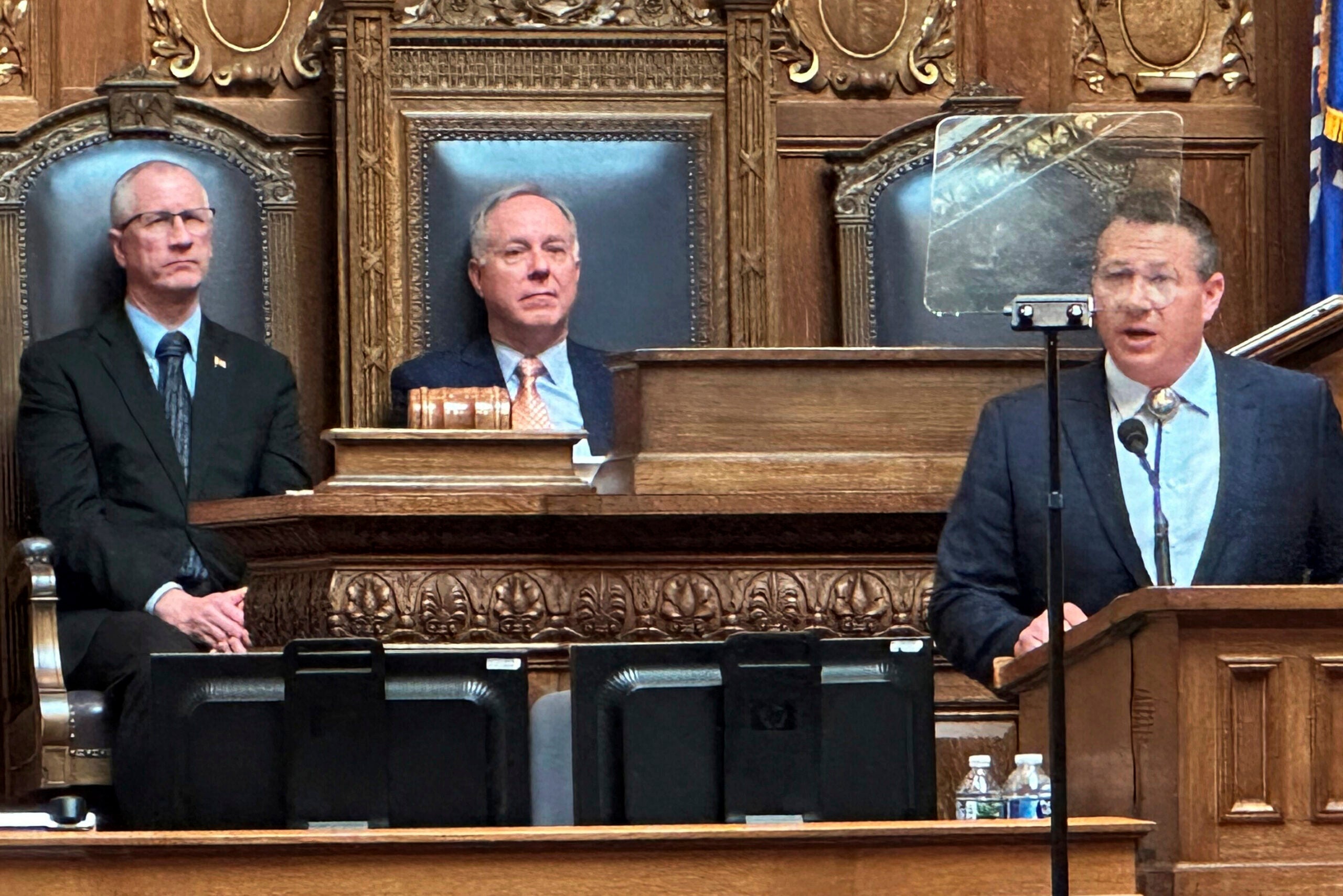Casino fees paid to the state by Wisconsin Indian tribes are flowing back to tribal and county law enforcement agencies to fund police equipment and training needs.
For the 25th year in a row the state Department of Justice is sending law enforcement dollars to 19 counties and 12 Indian tribes. This year it’s $631,000 in total. The largest chunk, about $140,000, goes to the Ho-Chunk Tribe. Because its land is spread out in a checkerboard across a large area of the state, the tribe provides law enforcement services and cooperates with local sheriff departments in six different counties. Tribal spokeswoman Sheila Corbine says the county and the tribal government each pass resolutions making a mutual agreement to use the money for specific purposes. “Depending on the county and what the particular needs are and sometimes what our needs are. Sometimes we’re asking them to enforce some of our ordinances that are specific to us, like our animal control ordinance: things like that. Sometimes it’s for equipment they might need. I believe training is included in all our agreements… and we have six of them.”
Corbine says this recycling of tribal casino fees has worked well for the most part, but she says both the tribes and the counties are frustrated that there has been little change over the past two decades in the size of these law enforcement grants. “You know, after 20 years the cost of doing things goes up, so it’s harder to spread that money around.”
Stay informed on the latest news
Sign up for WPR’s email newsletter.
The Oneida and Menominee tribes are the second largest recipients of these law enforcement grants, each receiving about $70,000. A significant portion of the money goes to fund training programs to promote cooperation between tribal police and county sheriff’s departments.
Wisconsin Public Radio, © Copyright 2025, Board of Regents of the University of Wisconsin System and Wisconsin Educational Communications Board.






